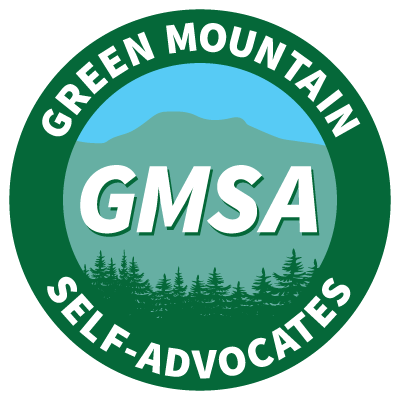What We Do

Local groups
GMSA currently has more than 20 local self-advocacy groups throughout Vermont. We listen to each other. We encourage our peers to develop the confidence to make their own decisions. Most of what goes on in a group doesn’t leave the group, so self-advocates feel comfortable to share what’s going on in their lives without stigma.
Local self-advocacy groups are a place where we learn how to speak up for ourselves. They give us a chance to meet other people with disabilities. We try out being a leader and realize that we are not alone. We run our own meetings. Our activities are based on what we want to do. We come together to solve common problems and make changes in our towns. Our groups do community service projects. When we give back to our communities, people see what we have to offer. Unfortunately, our world is full of judgment. As a group, we unite to challenge narrow-minded people who are full of judgments.
Education about our lives
Disability acceptance presentations are when GMSA talks about awareness and acceptance of people with intellectual disabilities. GMSA teaches that people with disabilities are just like everyone else. We have the same feelings, dreams, desires, and drive. GMSA teaches about why inclusion and equal opportunity are important. GMSA presents in schools, colleges, faith groups, Elks/Moose/VFW/American Legions, and provider agencies.
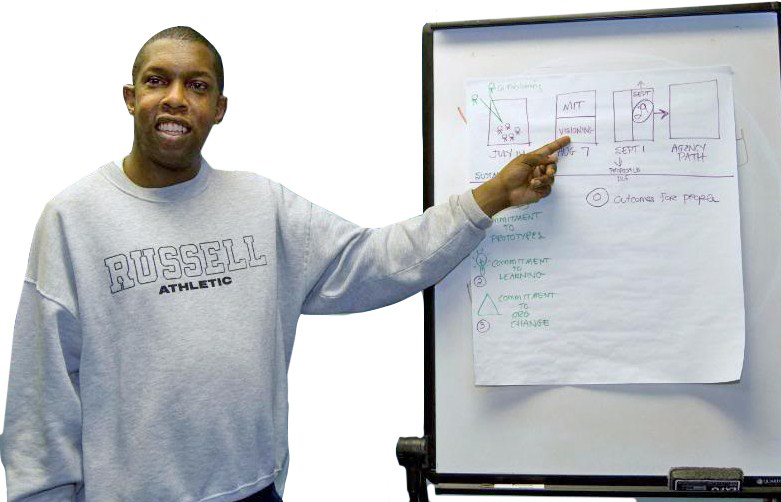

Peer to peer connections
Peer to peer connections are the heart and soul of our movement. You realize you are not alone. You meet others who have faced the same, or similar challenges growing up as a person with a disability. Through this, we continue to learn from each other on how to speak up for ourselves. We believe in ourselves and we empower one another. This is why peer to peer connection is our main power source. It continues to give us strength as leaders coming together.
Inclusive meetings and boards
GMSA wrote a manual called “Getting Your Message Across” to be used to help local and state self-advocacy groups form meaningful partnerships with advocacy and provider organizations, such as domestic and sexual violence programs. The manual will help people with and without developmental disabilities to work side-by-side to improve services and support for people with developmental disabilities. This manual talks about what to do before, during, and after a meeting to make it more inclusive for people with disabilities. It also covers basic disability etiquette like common courtesies and respectful language.
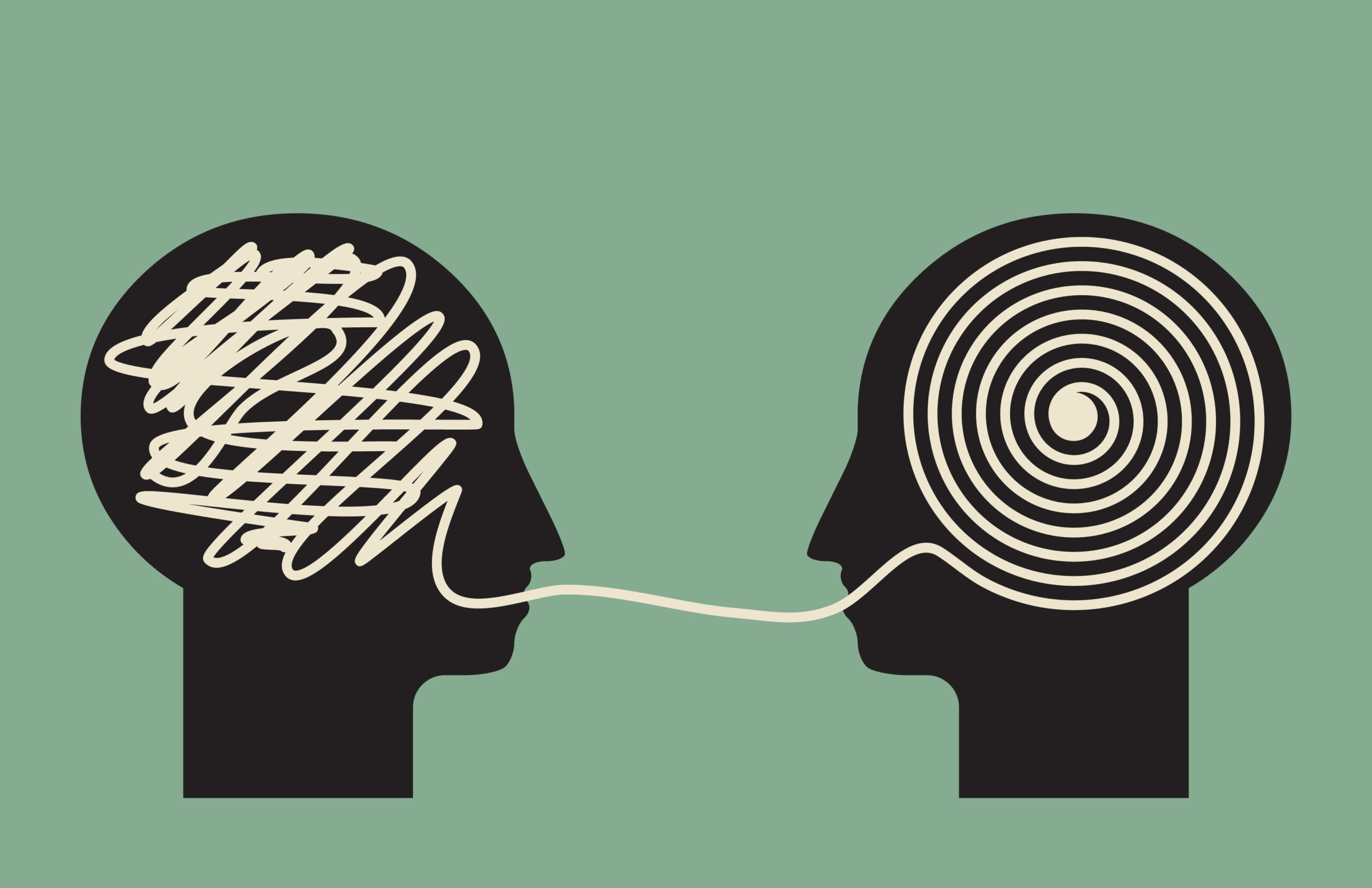

Life histories
Have you ever wanted to star in your own video? GMSA records the life stories of Vermont self-advocates of different ages and backgrounds. A life history is a ten-minute video about your accomplishments and about your life with a disability. GMSA uses videos and photos to capture the amazing footage we need to make a life history story come alive! This is your chance to share your story and to shine like a star. Self-advocates share about growing up, school, jobs, volunteering, hobbies, families, and their hopes and dreams for the future. The life history videos are posted on the GMSA website.
Recognizing and responding to violence
People with disabilities are seven times more likely to experience physical, emotional, and sexual violence than a person without a disability. Many times when people with disabilities experience violence, the suspect doesn’t get any consequences due to lack of communication, the investigation doesn’t go as well as planned, and/or the victim with the disability gets the blame.
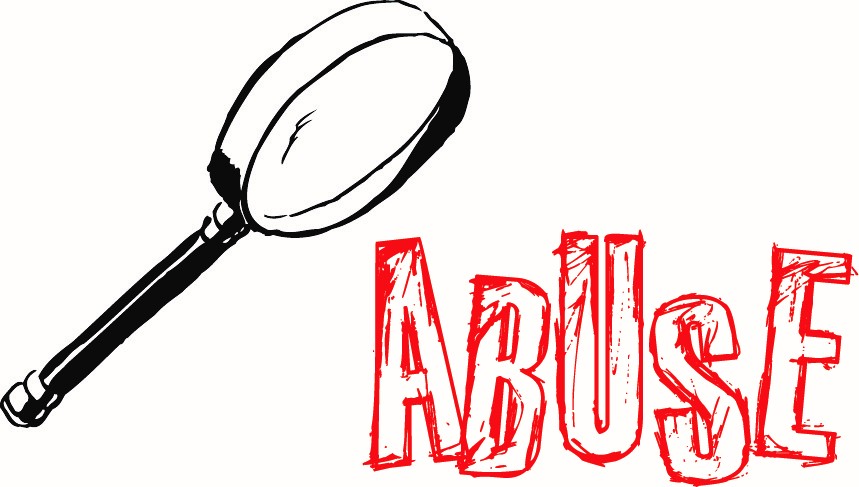
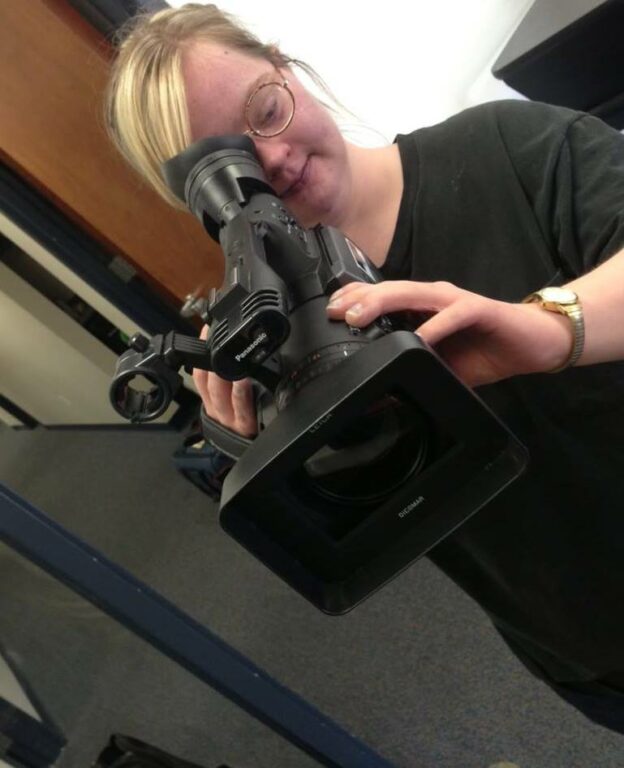
Supporting people with intellectual disabilities in professional jobs
People with intellectual and developmental disabilities often encounter a “glass ceiling” when they try to advance in their careers, even within disability organizations. They can get stuck in entry-level jobs and few if any self-advocates are considered for jobs that match their desire to do professional advocacy work.
If our disability movement is truly going to embrace the concept of Nothing About Us Without Us, more people with intellectual disabilities need professional jobs. Our experience is that organizations want to do it, yet they seem to struggle with how to provide effective job support.
Teaching a workshop at a conference: why that challenge is important
Having self-advocates teach a workshop at the Voices and Choices conference can be really valuable to the self-advocates that present and the conference attendees that go to their workshop. There are many different workshop topics that self-advocates really engage in wanting the world to know about such as, but not limited to, being their own guardian, telling their stories, emergency preparedness, organizing finances, facilitated communication, and acceptance of LGBTQIA people with disabilities.

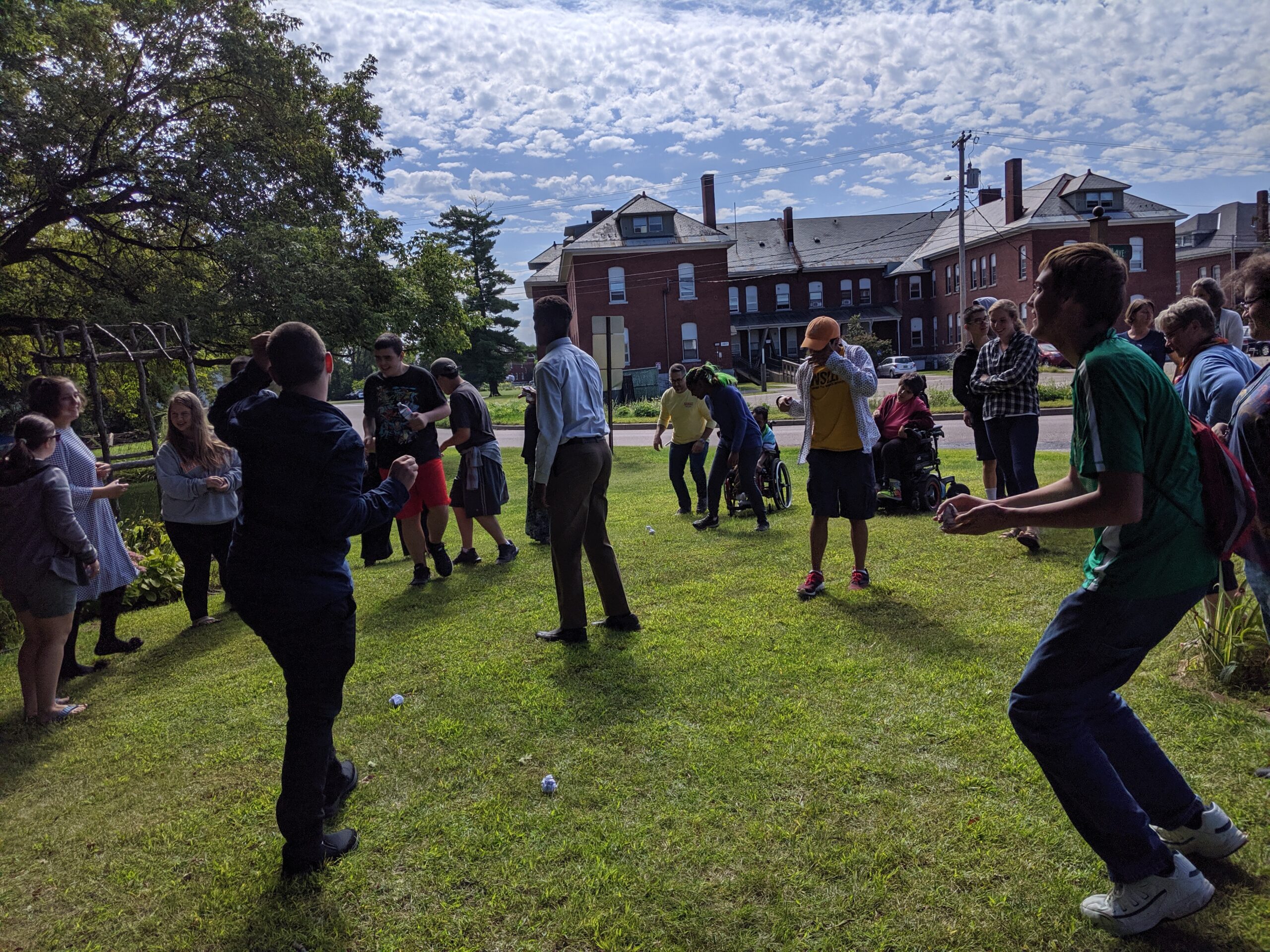
Working with high school students
GMSA advocates are eager to spend time in local schools. We share our stories to highlight the positive contributions we are making to our communities. It gives us a chance to show that the lives of people with disabilities are valuable just like everyone else and that we deserve a happy and fulfilled life.
We talk about how negative words and actions like the use of the “R” word weighs us down. What people do and what they say can be hurtful to people with disabilities. Together we can create a world where we accept other people’s differences.
Youth summits
The purpose of Youth Summits are to give young school students an introduction to self-advocacy. Youth Summits are taught by adults with disabilities to high school students with disabilities. Students have an opportunity to see older peers working as professional advocates and making a difference in the lives of youth. We make students feel welcome and use lots of role-plays to get them actively involved. Youth have told us that they enjoyed having a safe space to practice how to speak up for themselves. The more chances students have to practice self-advocacy, the more they begin to believe in themselves.
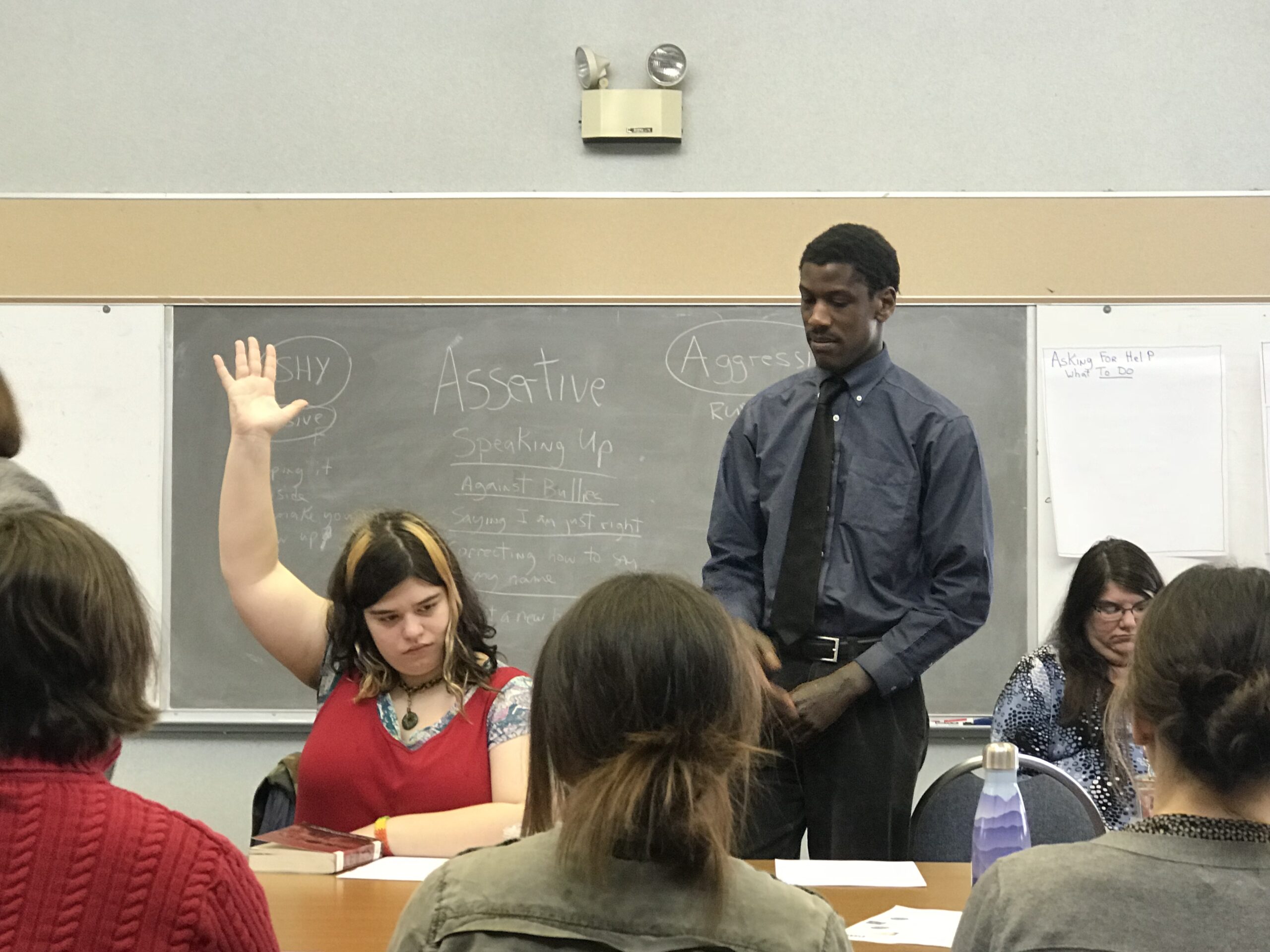
Students are surrounded by adults eager to share their opinions. Peer mentors can play a unique role sharing their personal experiences on becoming an adult. Both discuss options. Both must recognize that it is up to the person with the disability to make the decisions about their life.
